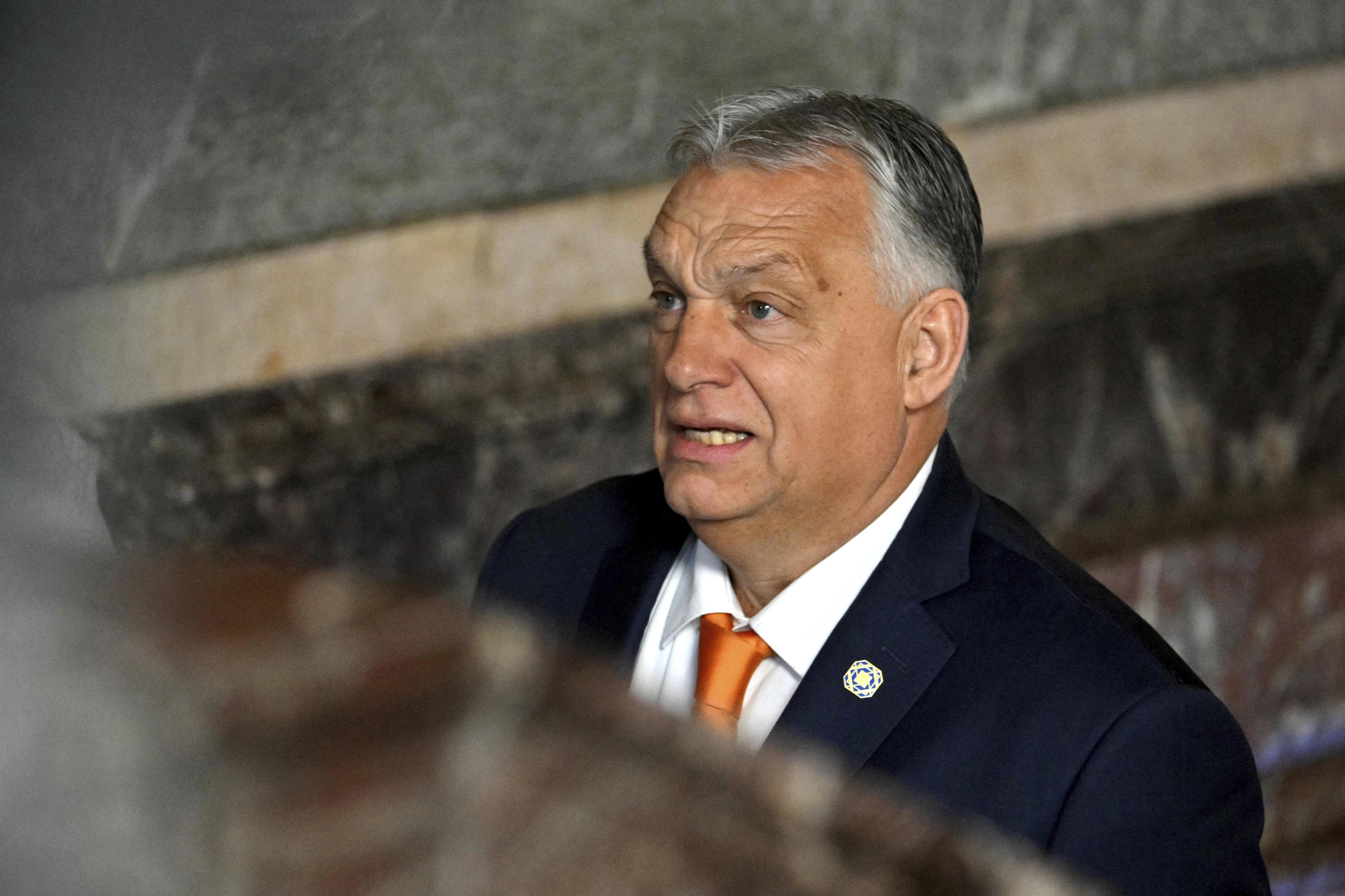The European Commission is avoiding at all costs taking a position on the proposal by US President Donald Trump to take control of Gaza and expel Palestinians. "We take note of President Trump's comments. The EU remains firmly committed to the two-state solution, which is the only path to lasting peace for both Israelis and Palestinians," different EU sources and spokespersons repeat almost word for word.
Neither yes nor no. Neither confronting Trump nor the opposite. A classic, textbook response from Brussels, simply to get by. However, the issue is so important that a deeper, more elaborate, and relevant response would be expected. But that will not happen, at least not in the short term.
The EU's response also contrasts with those already given by some member countries. One of the most resolute, and as expected, closest to Trump, is Hungary's government. "Hungary is interested in all solutions that bring peace and stability to the Middle East," stated Foreign Minister Péter Szijjártó in an interview with US television Fox News reported by Efe.
The Hungarian government official does not know if it will actually be possible for the US President to carry out his plan, but he wanted to emphasize that the magnate "has fantastic negotiating skills." "When it comes to Trump, nothing is impossible," he stressed.
The Hungarian president has always been very close to Trump, one of his major allies in Europe. And although it seems that Italian Prime Minister Giorgia Meloni has now slightly surpassed him in Trump's preferences, Orban celebrated by toasting with "vodka" the electoral victory of the magnate.
"They wanted to imprison him, they wanted to confiscate his assets, they wanted to kill him, and today he is the President of the United States," he pointed out during the meeting of the European Political Community and EU leaders hosted by Budapest in November. Therefore, Hungary's position is consistent with that admiration and closeness.
France has also taken a stance on Trump's plan, clearly against it in this case. President Emmanuel Macron already stated yesterday that the forced displacement of the Palestinian population from Gaza "would be unacceptable," a statement that coincided with Egyptian President Abdelfatah al-Sisi during their conversation.
From Italy, Italian Foreign Minister Antonio Tajani pointed out that the plan to deport Palestinians from the Gaza Strip to other countries "is difficult to implement." "Regarding the evacuation of the civilian population from Gaza, Jordan and Egypt's response has been negative," he added on Wednesday.
However, Italy did not take a position, which is precisely what the opposition demanded on Thursday. "Our country cannot be an accomplice to this umpteenth atrocity," demanded Elly Schlein, Secretary-General of the progressive Democratic Party (PD). Italy's position will be crucial given the mentioned complicity between Trump and Meloni and, at the same time, the growing importance of the Prime Minister in Brussels.
